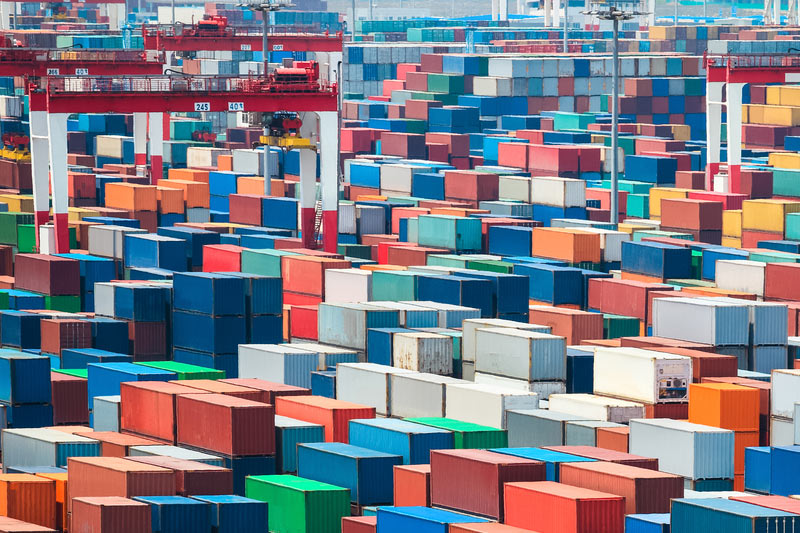By Reuters - India blocked an agreement on new global customs rules on Thursday, angering fellow members of the World Trade Organization who say Delhi's veto could be costly, economically and politically.
At a meeting in Geneva, diplomats from the 160 WTO member countries were supposed to rubber stamp a deal on "trade facilitation" that was agreed at talks in Bali last December. Some estimates say it could add $1 trillion to the world economy and create 21 million jobs.
But India said it would veto the agreement until it gets what it wants in a separate area linked to its system of subsidizing and stockpiling crops.

Several countries issued statements saying that a failure to agree the deal would be a massive blow to the WTO, which is trying to emerge from a decade of failed negotiations on further liberalizing global trade.
WTO Director General Roberto Azevedo said talks were ongoing to try to resolve the problem before a deadline of July 31.
"We are informally talking, yes," he told Reuters. When asked what would happen if there were no deal by July 31, he said: "That's part of the conversation."
A group of 25 countries including Australia, Canada, Colombia, Mexico, Norway, Switzerland and Thailand said they were "dismayed" at the failure to agree at Thursday's meeting.
They warned that failing to seal the trade facilitation deal would unravel the whole package of trade agreements done in Bali, effectively destroying the chance of further global trade reform, something that India has long demanded.
"CONTRADICTORY STANCE"
"A decision to step away would be in no one’s interest. It would seriously undermine the ability of the WTO to deliver for the future," the group said in a statement.
The European Union gave a similar warning, saying: "Without adoption of the Trade Facilitation Protocol by July 31 a great opportunity to mobilize trade as an instrument for growth and development would be lost, and the credibility of the WTO, which has during the financial crisis proven its value as a firewall against protectionism, would be further damaged."
Japan also said it strongly urged "those members who take a "contradictory stance" to try to achieve the common objective.
Several trade diplomats said they were mystified by India's stance, since it has not made any specific demands, making it impossible for the rest of the WTO to resolve the problem.
Some think India might want to bring forward the 2017 target date for agreeing permanent rules on food stockpiling, or it might try to postpone the July 31 deadline for adopting trade facilitation, linking it to wider negotiations that the WTO plans to line up by the end of this year.
But the EU said it would not renegotiate existing timelines.
Many diplomats thought India would be reckless to maintain its veto.
“It will be suicidal, absolutely. And that’s not a threat, that’s just a statement of fact,” said one Western diplomat.
“They say we’re going to get what we want or we’ll blow everything else up, but if they do that they won’t even get what they want.”
Many trade experts think that if global trade negotiations lose momentum again, many WTO members, including the European Union and the United States, will effectively give up and focus all their efforts on more ambitious trade reforms that they are already negotiating bilaterally and in small groups.
Those include regional deals such as the Trans-Pacific Partnership and the EU-U.S. Transatlantic Trade and Investment Partnership, as well as sectoral negotiations in areas such as services, information technology and environmental goods.
